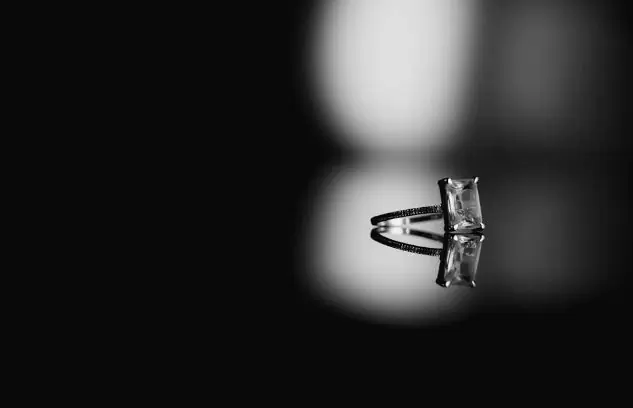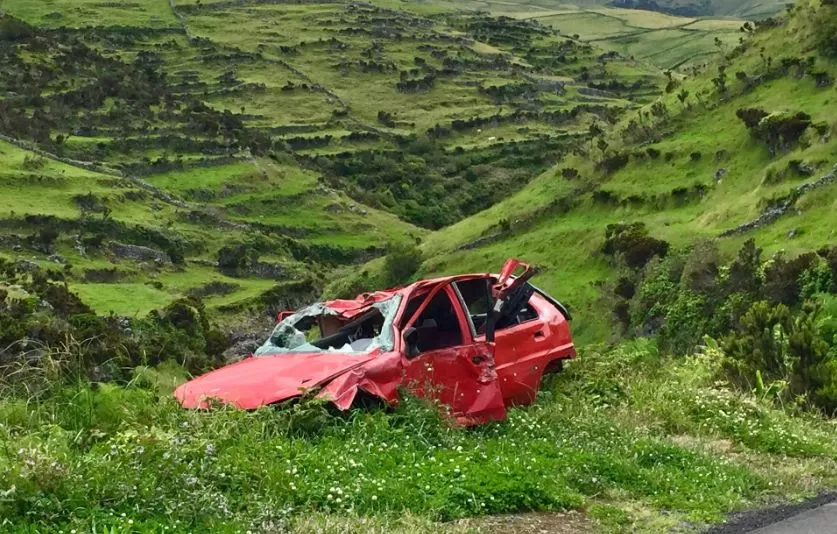Empowering Mental Wellness After a Car Accident
The number of car accidents has kept increasing along with the number of vehicles on the road. Data show at least 35,766 fatal car accidents in 2020 in the US. The first thing that comes to mind when you think about a car accident is the physical pain. However, another type of pain can surface after an accident, emotional trauma.
The suddenness and severity of it can be overwhelming and lead to mental health challenges that are difficult to manage alone. Fortunately, there are ways that you can empower your mental wellness after a car accident by leveraging self-compassion, seeking professional help, etc.
Understanding the Mental Health Challenges After a Car Accident
Various types of mental health challenges can arise after a car accident. The most common ones are depression, anxiety, and post-traumatic stress disorder (PTSD).
Depression is characterized by sadness or emptiness, loss of interest in activities that once brought pleasure, excessive guilt, or worry about trivial matters.
If you have been diagnosed with depression or feel like you might be experiencing symptoms, you need to get treatment immediately so that it doesn’t worsen over time. According to an NCBI article, the prevalence of depressive disorder after a road accident is 7.8% to 63%.
Anxiety disorders include panic disorder, where individuals experience recurrent unexpected panic attacks. Generalized anxiety disorder involves excessive worry about everyday things such as going for a ride in the car after an accident, finances or work performance, etc.
There’s also PTSD following exposure to severe trauma such as accidents. A study was conducted to evaluate how accidents can lead to PTSD. Published in the BMC Journal, a part of Springer Nature, the study concludes that the prevalence rate of PTSD in accident survivors is 6.3% to 58.3% globally.
Strategies to Empower Mental Wellness After a Car Accident
Car accidents can impact your mental health in numerous ways. But there are also some strategies to get past the trauma and regain your mental health. Here are some strategies to empower mental wellness after an accident.
Fighting for Compensation After a Car Accident
In a car accident where the other driver was at fault, seeking compensation is essential. The right advice can make all the difference regarding your case. You must also find an attorney who will fight for you. Your lawyer should be able to explain all of your options and help guide you through this difficult time.
The lawyer should be experienced and have a profound knowledge of local laws and regulations. Hence, it is best to hire someone from where the accident occurred. For instance, a car crash occurred recently in St. Louis, Missouri, where four people were injured. Hiring a car accident lawyer in St. Louis will be the best option in such a scenario.
Additionally, suppose insurance companies are not paying out on claims or being fair with their settlement offers. In that case, an attorney can help you get an appropriate amount. According to TorHoerman Law, a lawyer can help you initiate and navigate the complex legal system. He or she can also represent you and your interests to the courts in the best way possible.
Self-Compassion and Acceptance of Emotions
Self-compassion and acceptance are two tools that can help you heal after a car accident.
- Self-compassion means treating yourself with kindness, understanding, and warmth when experiencing pain or stress. It involves being open to feeling bad when it happens and not trying to avoid those emotions at all costs.
- Acceptance means acknowledging what is true for you without judging or criticizing it. You don’t have to like how things are going for yourself or others, but rather than fight against reality, simply accept its existence to move forward with your life more peacefully.
Importance of Seeking Professional Help and Therapy
If you’ve been injured in a car accident, the emotional and physical challenges that come with it can be overwhelming. This is especially true if you have never experienced trauma or if this is the first time someone close to you has died from an accident.
Accepting what has happened can be complex and may take some time, but therapy can help by giving patients tools for coping with their feelings about the loss of their loved ones. Therapy also helps people deal with anger and frustration over being involved in an accident where another person was killed or seriously injured.
Role of Physical Exercise in Promoting Mental Well-Being
You may be surprised to learn that exercise effectively relieves stress and promotes mental well-being. The benefits of physical activity include:
- Exercise helps reduce insomnia, especially in the morning or afternoon, as opposed to before bedtime.
- Making you feel more relaxed and less stressed, even temporarily.
- Boosting confidence and self-esteem.
Physical activity can also help people cope with their emotions more efficiently by giving them time alone with their thoughts and providing opportunities for social interaction with others who share similar interests.
Leveraging Relaxation Techniques
Relaxation techniques can be physical or mental, but they all have the same goal, to reduce stress and anxiety. Stress and anxiety are significant contributors to mental health issues, so finding ways to manage them is essential. Relaxation techniques are one of the best ways for people recovering from car accidents to promote their mental wellness.
Below are some examples of relaxation techniques:
- Deep breathing exercises: Inhale deeply through your nose, hold for a few seconds, and then exhale slowly through pursed lips. The two breathing techniques you can practice include belly breathing and pursed lip breathing for maximum relaxation.
- Progressive muscle relaxation: Focus on each muscle group as you tense it until you feel tightness in that area; then relax entirely before moving on to another part of the body.
Building a Supportive Network
To maintain mental wellness after an accident, it’s essential that you have a support network. A support network can be your family and friends, but it can also include other people going through similar experiences.
There are many ways in which you can build this supportive community around yourself:
- Join an organization that deals with car accidents or other types of trauma.
- Start attending events related to car accidents or trauma recovery.
- Volunteer at a local hospital or clinic where people come for treatment after being injured in a car accident.
Conclusion
The key is to find support, build resilience and coping mechanisms, and practice self-compassion. You can do this in many ways, including seeking therapy or other professional help, exercising regularly, and spending time with friends and family who care about your well-being.










